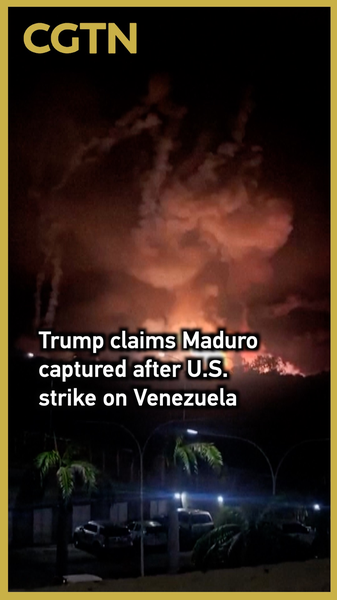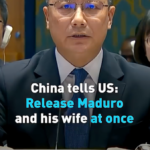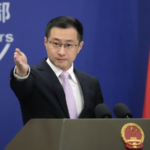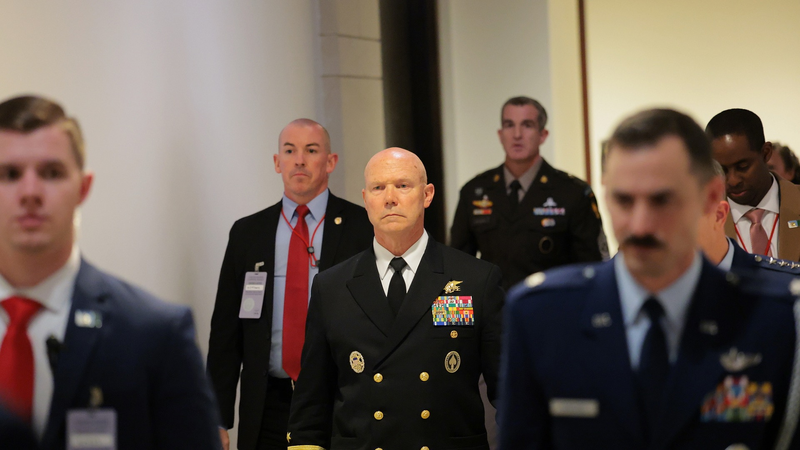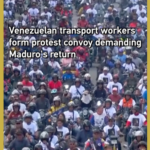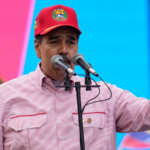U.S. President Donald Trump claimed on Truth Social this week that a large-scale military strike conducted by the United States in Venezuela resulted in the capture of President Nicolás Maduro and his wife, who he said were "flown out of the country." The Venezuelan government has not yet issued an official response to the allegations as of January 3, 2026.
Regional analysts caution that the claims, if unverified, risk escalating already strained relations between Washington and Caracas. Tensions have intensified in recent months over energy policies and Venezuela’s alignment with U.S. geopolitical rivals. The U.S. State Department has not released additional details, and international bodies such as the United Nations have called for restraint.
Business leaders in Latin America are closely monitoring the situation, with oil prices showing volatility in early 2026 trading. Meanwhile, diaspora communities across the Americas have expressed concern over potential humanitarian repercussions. Further updates are expected as regional governments and global stakeholders weigh in.
Reference(s):
cgtn.com
